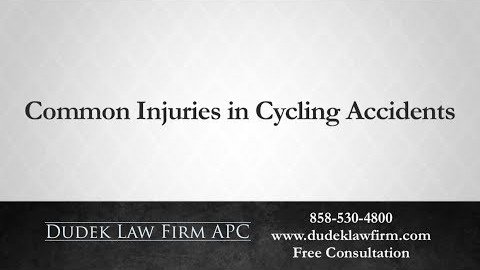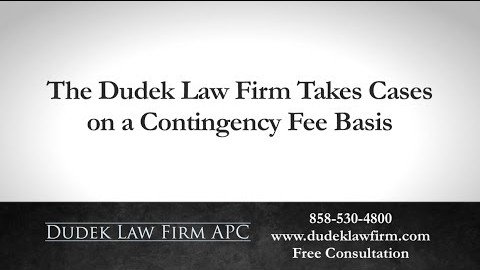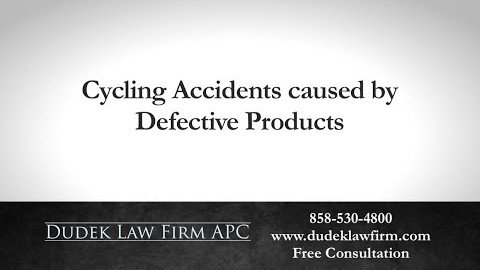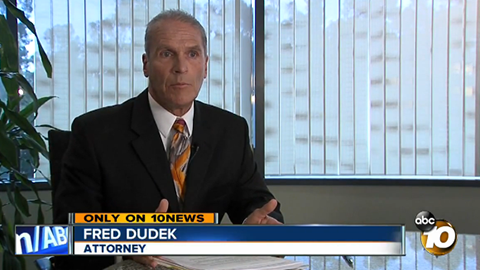
Determining fault in auto accidents is a critical aspect that significantly influences the outcome of related insurance claims. When two or more vehicles are involved in a collision, various factors emerge to establish who is responsible for the incident. Typically, fault is assessed based on traffic laws, the drivers’ actions, and the circumstances surrounding the accident. In this blog post, we will explore how fault is established when collisions occur, the role of negligence in this process, and how these factors impact compensation for damages and injuries.
The Role of Negligence
The concept of negligence plays a central role in establishing fault. Negligence refers to the failure of a driver to exercise reasonable care while operating a vehicle. If one driver violates traffic laws—such as running a red light or failing to yield the right of way—they may be deemed negligent. Conversely, if both parties share responsibility for the accident, comparative negligence laws come into play, allowing for a more nuanced evaluation of fault.
Impact on Compensation
Once fault is determined, compensation for damages and injuries sustained in the accident is directly impacted. In jurisdictions that adhere to a fault-based system, the at-fault driver’s insurance covers the costs incurred by the injured party. This includes medical expenses, property damage, and lost wages. However, if a driver is found partially at fault, their compensation may be reduced in proportion to their level of responsibility for the accident.
No-Fault Insurance Systems
In some states, a no-fault insurance system changes how fault influences claims. In a no-fault state, each driver’s insurance covers medical expenses and damages regardless of who caused the accident. This system can streamline the claims process but may limit the ability to seek compensation for pain and suffering unless certain thresholds are met.
Seeking Legal Guidance
Understanding the nuances of fault determination is essential for anyone involved in an auto accident. It is advisable to consult with an experienced attorney who can guide you through the complexities of your case. They can provide valuable insights into how fault impacts your claim, ensuring you receive the compensation you deserve for your injuries and damages.
In conclusion, determining fault in auto accidents plays a pivotal role in shaping the legal and financial outcomes for those involved. Understanding how fault is assessed can empower individuals to navigate their claims more effectively, whether through the lens of negligence or the framework of no-fault insurance. By seeking the guidance of a knowledgeable attorney, accident victims can better position themselves to secure fair compensation and protect their rights in the aftermath of a collision.
Your Dependable Resource for Understanding Fault in Auto Accidents
At Bonnici Law Group (BLG), we understand that determining fault in auto accidents is essential for securing fair compensation for damages and injuries. Fault is established through evaluating traffic laws, driver behavior, and evidence such as police reports and witness statements. Our experienced team is here to help you understand your rights, gather the necessary evidence, and build a solid case to pursue the compensation you deserve. We are committed to providing personalized support throughout the process. Contact us today at (619) 853-5101 to discuss your case and learn how we can assist you.


























 1620 5th Avenue
1620 5th Avenue 1620 5th Avenue
1620 5th Avenue